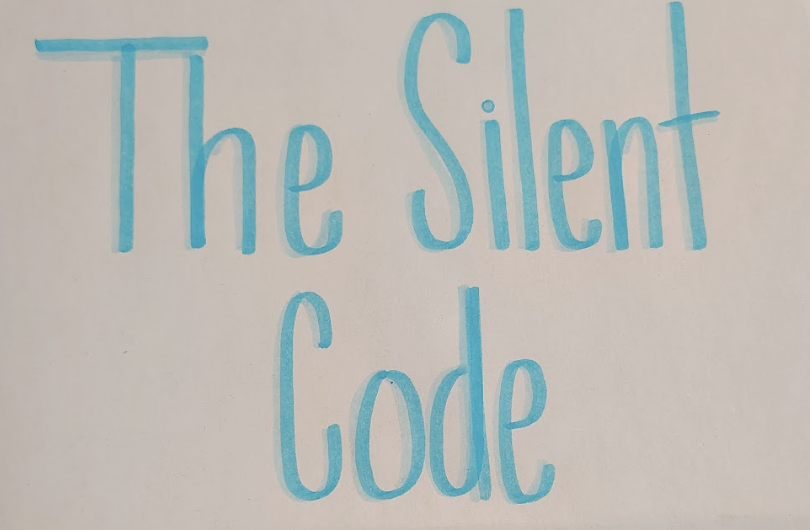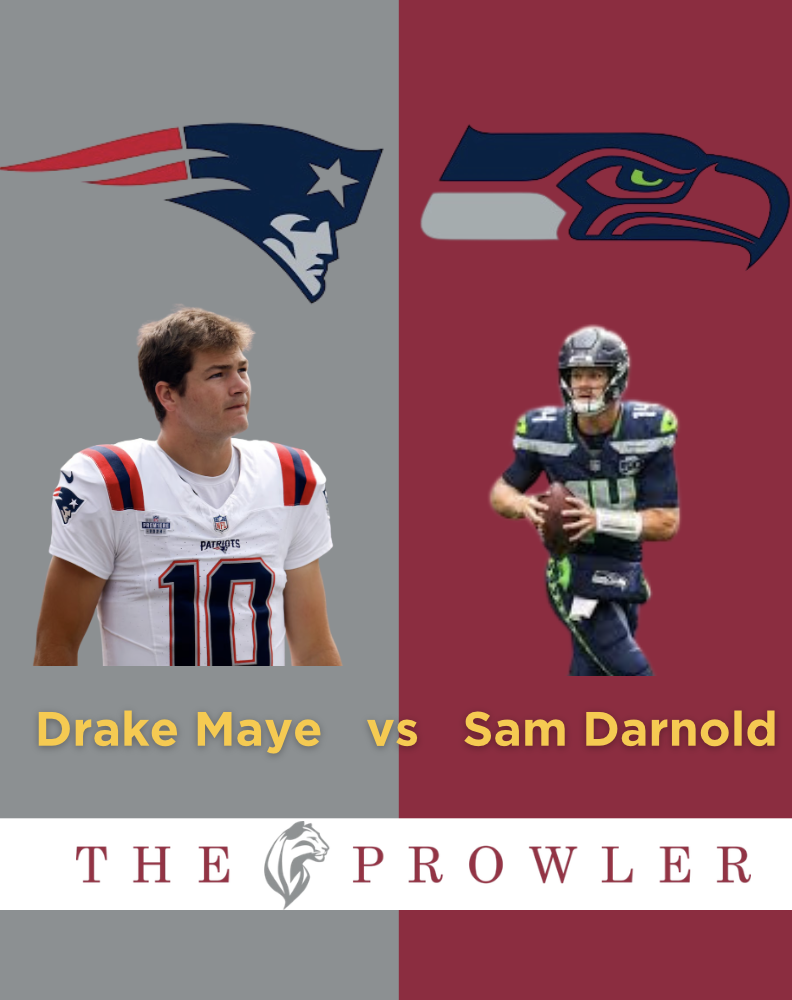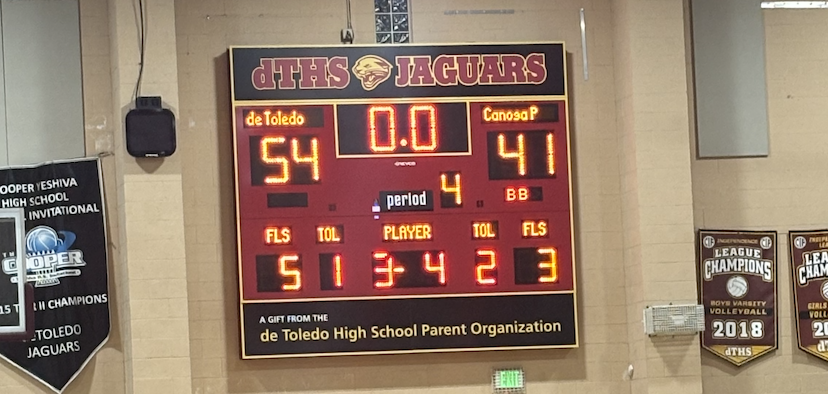Clinton Loss Energizes Electoral College Debate
October 18, 2018
The opinions expressed in this article are the author’s own and do not necessarily represent the views of The Prowler.
In the bitter and bruising election of 2016, Democrats and Republicans fought for a chance to occupy the highest and most prestigious seat in the land, the presidency. While we now know the right wing dream came to fruition, the nation was skeptical about which candidate would eventually take office in January 2017. Living in California, a primarily “blue” state, I think I can speak for many of us when I say we were a little more than perplexed when Donald Trump was elected. No matter what political party one most associated with, the outcome of the election was somewhat bemusing.
It was only after the election the general public figured out why Hillary Clinton had lost. Though she had won the popular vote, meaning that the majority of United States citizens voted for Clinton, Donald Trump won over the electoral college. A soured election for overly-optimistic Democrats taught the American public – especially millennial voters too young to remember the 2000 Bush v. Gore election – the weight of their vote was much less than they had anticipated.
So what really is an electoral college, and what is its purpose?
The electoral college was adopted during the Congressional Convention of 1787 and was meant to serve as a safety net to stop unqualified individuals from taking control of the presidency. Essentially, the electoral college has always been representatives, elected by each state, who formally elect the president and vice president into office. Article 2, section 1, clause 2 of the U.S. Constitution explains how many electors each state gets to have. Every ten years, a census takes place to determine the number of elected representatives each state will be able to receive, based on population. In total, there are 538 electoral votes, and a candidate must gain at least 270 of those votes to win the presidency. There have been a grand total of five elections, including two in the past 20 years, wherein candidates had won the popular vote and not become president, due only to fewer electoral votes.
Democrats vs. Republicans
Looking back at the 2016 election, the United States public today might argue that more liberals than conservatives are worried about the potentially detrimental effects the electoral college could have, and has had, on them. On the other side of the spectrum, Republicans tend to favor the founders’ decision to have certain individuals, elected by each state, to elect the president.
The main reason why the electoral college was adopted was to rule out unfit candidates from becoming president, even if the candidate convinced the majority of citizens to vote for them. Another reason the electoral college was created was to protect the small states from the big states. What this means is that small states get more power so that candidates will also focus on those states instead of only bigger states with bigger populations.
Democrats, in their quest to eradicate the electoral college from the presidential election process, may argue that the system is flawed due to the fact that if a state receives the majority of electoral votes going for a Republican candidate, they are then considered a red state. Regarding this past election, Democrats who feel the minority in those states are being underrepresented are making a solid argument for a “one man, one vote” system to replace the electoral college.
Sadly for anti-electoral college advocates, and primarily Democrats, if we were to impose a “one man, one vote” system, then one could argue that we should also abolish the Senate. A senator from California, for instance, represents forty million people, while a senator from Rhode Island represents a little over a million. Would Democrats actually get rid of the Senate in their pursuit of direct democracy?
Ultimately, I truly think that there are many flaws with the current system. Nevertheless, I also believe that the only reason people are getting so hyped up on the concept of eradicating the electoral college is because of Hillary Clinton’s loss in 2016.






























